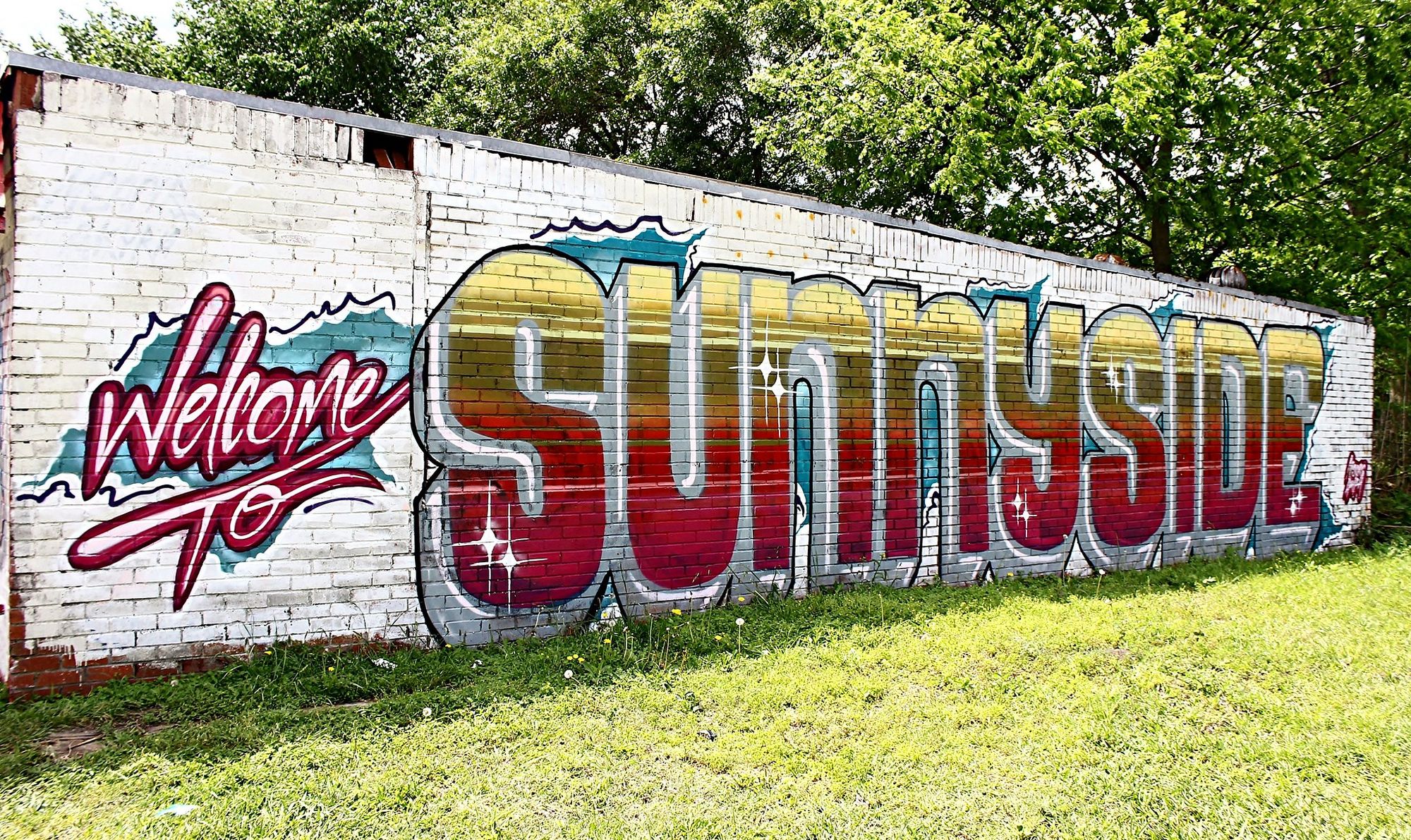Sunnyside Park in Houston, formerly "the old dump," as the Houston Press called it, will soon be the site of America's largest urban solar farm. The mayor and city council recently approved a lease of 240 acres to a Wolfe Energy subsidiary. The price of the lease is $1 per year.
Get A Free Solar Quote NowThe Sunnyside Solar Project is valued at $70 million and expected to be operational by the end of 2022. On the site of a former landfill about eight miles south of downtown will rise a 50-megawatt solar farm that will generate enough energy to power 5,000 homes. The green energy produced is expected to offset 120 million pounds of CO2 per year, as the Houston Chronicle and other sources reported.
The solar farm will be the largest in the nation to be located in an urban center, bolstering Houston's reputation as a forward-thinking city when it comes to renewable energy and other green initiatives.
An artist's rendering on Wolfe Energy's website shows a portion of the farm labeled "Community solar." Community solar is like a community garden, a resource shared by more than one household. Comparing the rendering to a Bing Map's aerial photo (below), we see that the solar garden will tuck nicely between the softball fields and other park amenities at the northern edge.
"The project proposes to not only revitalize an underutilized piece of property that has been an eyesore to the community for years, but could also make Sunnyside a more complete, sustainable and resilient community," Mayor Sylvester Turner said in a press release.
"The area was considered an eyesore in the Houston community, as the landfill had been vacant for over half a century," wrote the Houston Chronicle.
But Aren't Landfills Toxic?
The land has long been deemed perfectly safe for redevelopment. In 2016, a proposal was floated to relocate the Sunnyside Multi-Service Center so the site of the former landfill. The center is the most utilized in the city of Houston. Neighborhood activists weren't happy with the plan. To objections about the relocation at the time, Mayor Sylvester Turner countered that the land was safe and nontoxic, and that a U.S. Army Corps of Engineers test proved it. Nonetheless, the center was not relocated there.
Though all contamination is safely contained under the landfill cap now, the city acknowledged in its Reinventing Cities assessment of the area that human activity could release "the toxic materials in certain areas" into the environment. Because of this, construction on the Sunnyside Solar Project won't start until site remediation is complete.
Other requirements of the project are that its developers, Sunnyside Energy, employ local workers and grant power discounts to Sunnyside residents. Sunnyside is a low-income area of Houston with higher than average crime rates.
Get A Free Solar Quote Now





